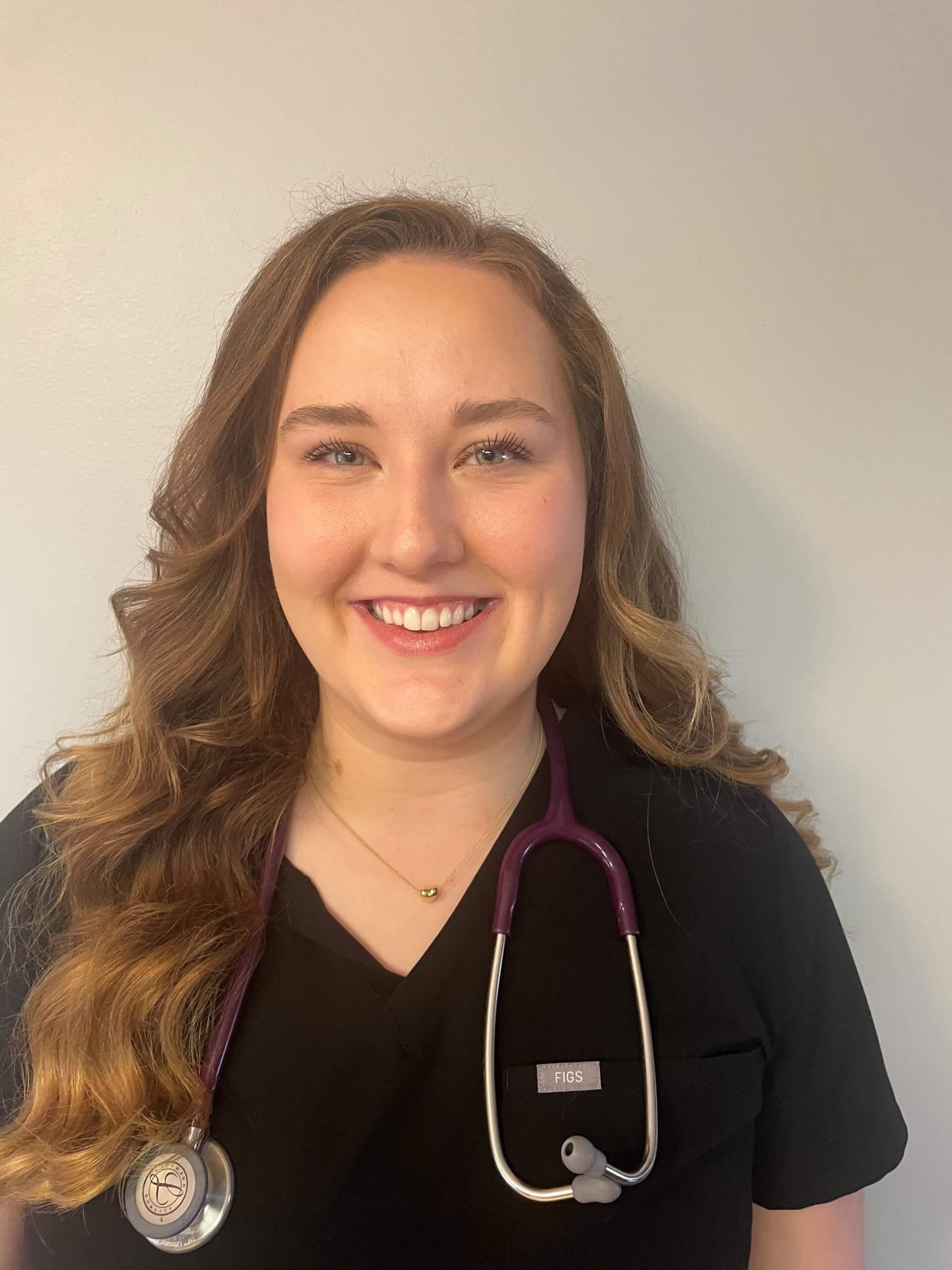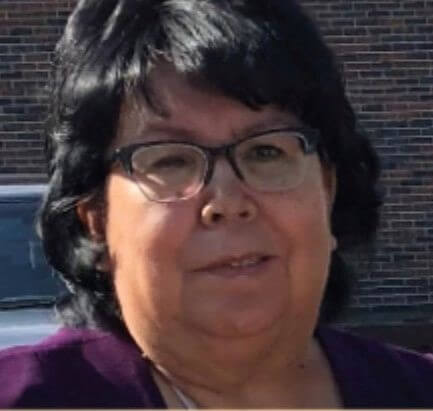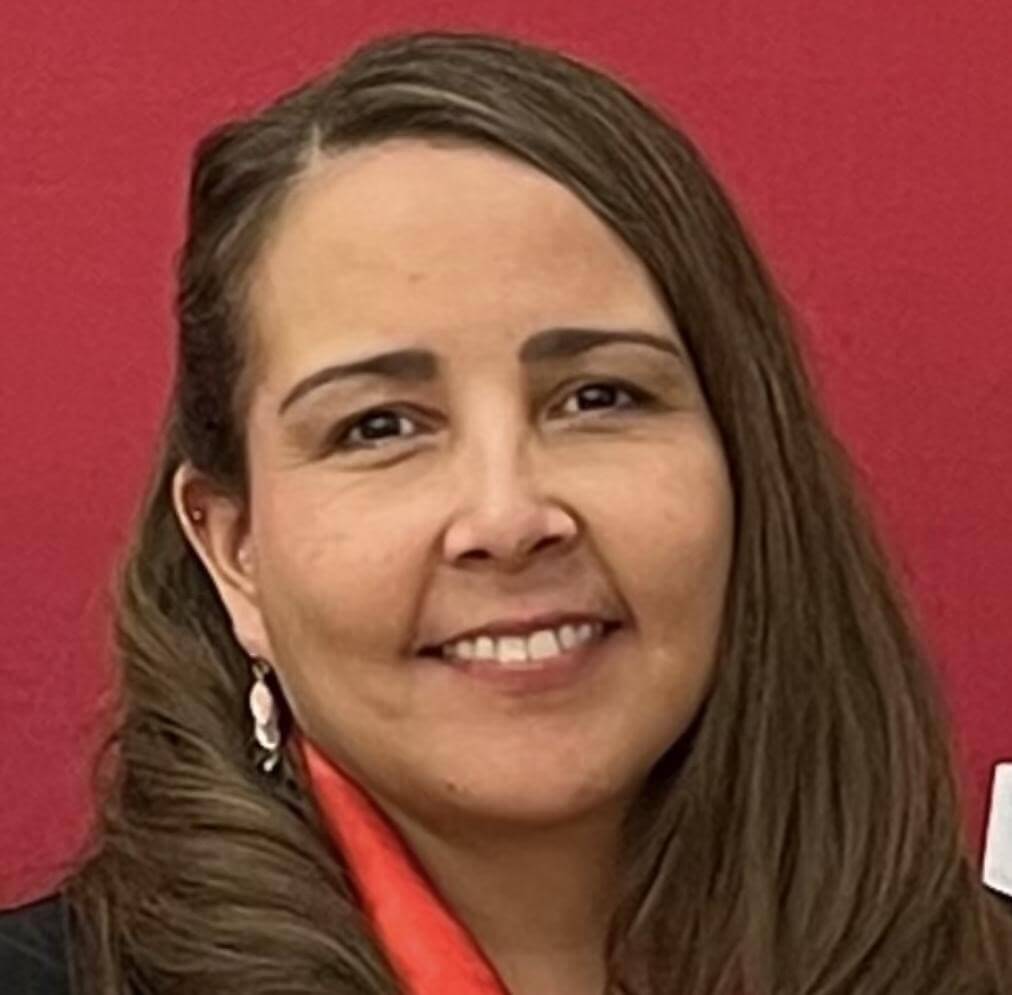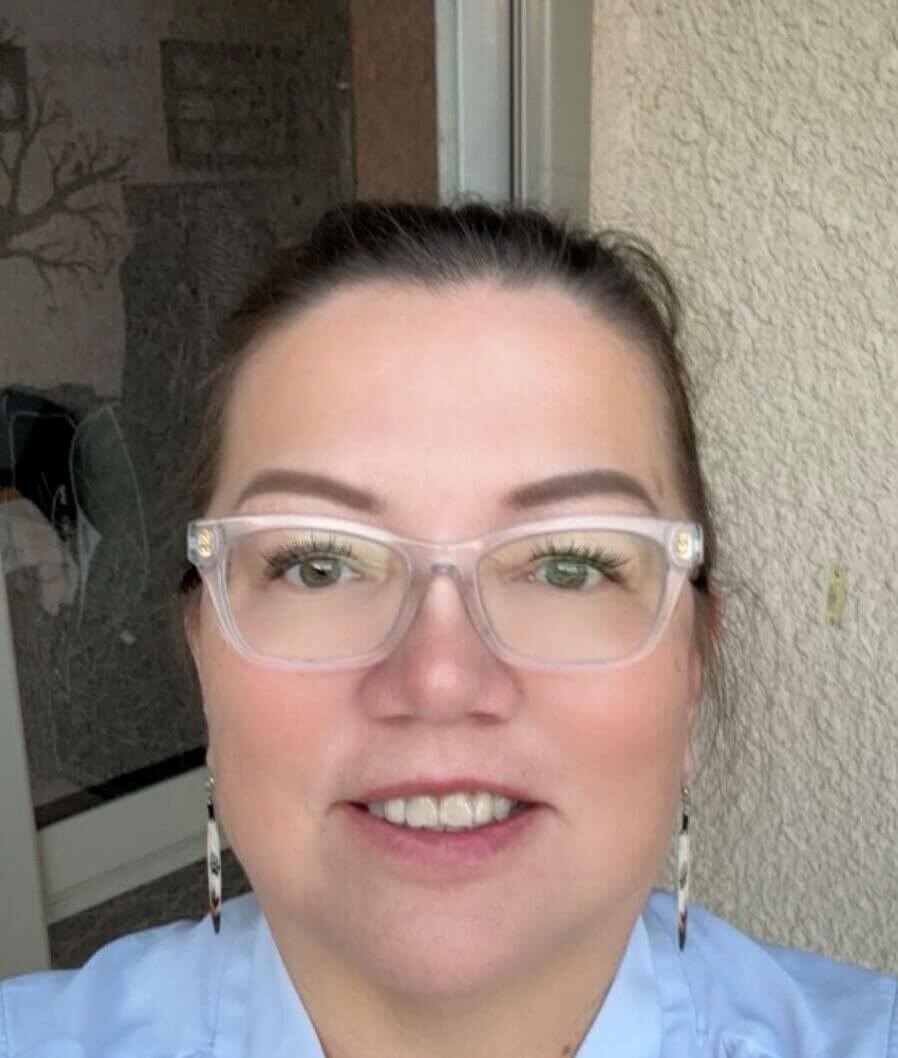National Nursing Week 2024
It’s National Nursing Week, which aims to recognize the contributions of nurses to individuals, communities and the future of health care.
This year, National Nursing Week runs from May 6 to 12 with the theme “Changing Lives. Shaping Tomorrow.”
Tayler Nickart
Newly graduated nurse Tayler Nickart looks forward to embarking on a career that will help change lives positively and shape the future.
Tayler graduated in February after completing her bachelor of nursing degree at Red River College Polytechnic. Soon after, she obtained her registered nurse license.
“I have always really been drawn to the medical field and the constant lifelong learning and diverse variety of jobs and paths the career provides. I loved the idea of being able to care for people in times of need to help them achieve good health outcomes and make a difference in their lives,” she said.
“I also was a very clumsy kid who played many sports that made several visits to the hospital for various fractures, stitches and sprains. I have always admired and appreciated the compassionate and exceptional care of nurses I had that made me want to do the same work.”
Tayler got a jump start on her career journey as a nursing student in the Home for the Summer program at Selkirk Regional Health Centre (SRHC). This program offers summer employment opportunities for post-secondary students pursuing studies in nursing, pharmacy and allied health fields.
“I was very fortunate to be able to travel to several different long-term care facilities throughout the region and experience health-care settings in rural areas,” she said.
“This position provided exceptional knowledge on many aspects of nursing — more than just direct patient care, such as infection control, charting, developing therapeutic relationships with patients, assessing and analyzing patient safety and satisfaction of their care — along with shadowing nursing practice early on in my studies.”
While she was studying, Tayler also held an undergraduate nursing employee position for about a year and a half on the surgical unit at SRHC. Undergraduate nurse employees work under the supervision of registered nurses or registered psychiatric nurses care to gain experience and log working hours.
“I feel incredibly lucky to have had the opportunity to put my education to practise and strengthen my nursing skills and judgment prior to graduation,” she said. “Clinical practice in nursing school is often limited with short rotations so you may not get to attempt all nursing skills.”
As an undergraduate nursing employee, Tayler had the chance to hone her skills within an interdisciplinary health-care team, all while being supported by an experienced nurse.
“This employment gave me so much experience with a vast variety of patients — and being able to work alongside the health-care team was extremely rewarding,” she said. “The staff on the SRHC surgery unit were beyond welcoming and supportive, and I am so lucky to have that opportunity prior to becoming a registered nurse.”
In April, Tayler began employment as a registered nurse at SRHC’s emergency department.
“I have really enjoyed the first month of my employment and getting to know the emergency team. I am most looking forward to take on the challenges of becoming an emergency RN and learning from the incredible nurses and staff that work at the SRHC facility. I feel grateful to be able to have grown so much in my nursing practice throughout my time working in IERHA and to now be able to begin my career,” she said.
“I have grown up and lived in the surrounding Selkirk area my entire life and am very much looking forward to being able to give back to the community that helped me to get to where I am today.”
And for others who might be considering a career in nursing, Tayler offers some words of encouragement.
“It is incredibly rewarding to work with people in times of need and support them in any way you can, as well as care for their families and communities,” she said. “Nursing is a career that will teach you so many things and you learn something new each day.”

Peguis nurses bring care into community
As health director for Peguis First Nation, Doris Bear manages over 80 staff including 14 nurses. There is one thing that binds them all and that influences their care for their clients.
“The important piece of the team is the communication. Nurses all collaborate and work well together. We are working towards improvement and having a heathy community,” Doris said. “Community members look forward to their visits. Our reserve is so widespread. . .they know the issues with each of the clients that they serve.”
One of the nurses on Doris’ team is Charmaine Raynor, home and community care coordinator in Peguis. Prior to becoming an LPN, she worked as a health care aide alongside nurses in Peguis and Fisher Personal Care Home. The work of her nursing colleagues got her interested in the profession but it was her mother’s cancer diagnosis 20 years ago and the care Charmaine provided to her that propelled her to nursing school in her late 30s.
“I had my aha moment. I give this all to my mother where I am today. She gives me my strength and my push,” Charmaine said.
That push into nursing has put Charmaine on a pathway to leadership and advocacy. She oversees four other LPNs and four health care aides as they deliver services for elders, help people manage chronic disease diagnoses and support palliative care. She has recently completed the management development certificate at Red River College Polytechnic (RRC Polytech) and is the southern co-chair representative at the Southern Tribal Council Independent Home and Community Care Committee. In this role, she works with representatives from the First Nations and Inuit Health Branch and Indigenous Services Canada. It’s an opportunity for her to network, collaborate and advocate.
“Living in a community that has a lot of crisis still to this day, I know firsthand and at a grassroots level what our needs are,” Charmaine said. “The whole goal is taking care of people and the community as a whole-their whole wellbeing in whatever way we can as a group. It’s a rewarding feeling at the end of the day. You know you helped somebody. That’s a very fulfilling feeling and very purposeful.”
Another member of Doris’ nursing team is Denise Bear, nurse in charge in Peguis.
She graduated fromRRC Polytech’s inner city nursing program designed to support students with families as her daughter was young at the time.
“I’ve always felt like I have a caring compassion side. It hurts when I see people hurting. I’ve always been interested in science and learning-how the body works and gaining theory. I found it interesting and challenging,” Denise said.
She returned to Peguis to work at Percy E. Moore hospital for six years and moved into community health when Peguis had an opening. In her role, she works with a team of five LPNs, three community health representatives and one nursing assistant. Denise is also a part of Manitoba Indigenous Nurses Inc. a professional association of nurses who work to address the nursing issues impacting their communities. They work together to address issues like the impact of nursing/human resources shortages, wage parity and workforce development training initiatives.
She has witnessed advancements in the profession.
“Ten years ago, LPNs were very limited in what they could do. With nursing shortages and with COVID, we’ve been granted extra duties to perform and training to fulfill more functions,” Denise said. She points to the successful integration of testing into the work of LPNs.
“We’re taking on more programming provided in nursing stations under direction of doctors. In our community, if someone comes into the health centre we’ll treat, test and do contact testing. If results are positive, we have all that information already. It’s really hard to get people in to see the doctor. We weren’t able to catch people and treat them right away. Now we’re capturing more to be treated and they are treated more quickly. That seems to work out better.”
She is in the process of completing the First Nations Community Management Diploma program at Yellowquill University College that is further developing her management skills. The training and her experience have made her grateful for the team that she works with.
“Congratulations to all nurses! I wouldn’t be able to do this job if I didn’t have such a good team to depend on. I know that I can ask them to do something for the community or for our program and they will get it done. I work alongside them, I don’t expect them to do anything I can’t do,” Denise said.
As the population of Peguis grows, Denise is seeing an increase in workload for health care staff. Peguis too is looking to encourage more people to pursue careers in health care and she readily advises people to consider nursing.
“There are lots of career options – hospital, community health, travel there is never a shortage. It’s such a need everywhere. If they have a nice soft heart and they are caring for people, nursing is a good fit for that.”



Amanda Mann
Read about Percy E. Moore nurse Amanda Mann on Shared Health’s website.






